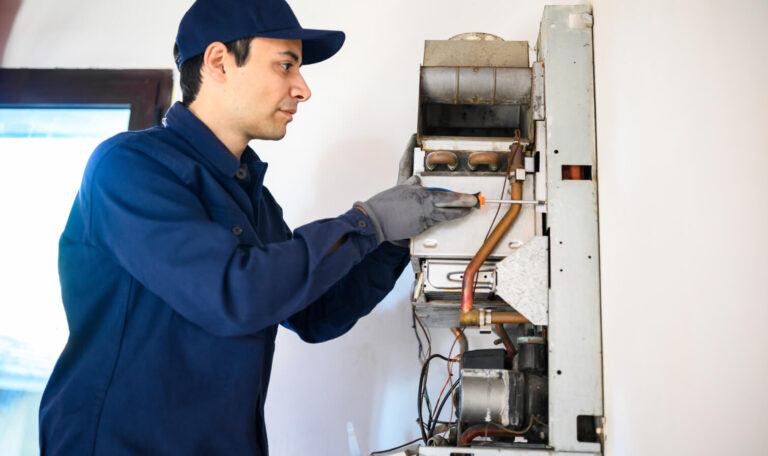When it comes to hot water for the home, the main choice is between electric and gas water heaters. Both options have their own set of advantages and disadvantages, which means your decision can significantly impact energy efficiency, cost and convenience. This article will explore the pros and cons of electric water heaters and gas water heaters to help you make an informed choice that suits your needs.
Electric Water Heaters
Pros:
- Energy Efficiency – Electric water heaters are known for their energy efficiency. They convert almost all the electricity into heat, minimising waste.
- Installation – Electric water heaters are typically easier to install than gas water heaters. They don’t require venting or gas lines, making them a more straightforward choice for homeowners.
- Safety – Electric water heaters are generally considered safer because they lack an open flame and the potential for gas leaks. This makes them suitable for homes with families and pets.
Cons:
- Operating Costs – Electric water heaters can have higher operating costs in areas where electricity is expensive. Electric heating elements may take longer to heat water compared to gas burners, leading to higher energy consumption.
- Recovery Time – Electric water heaters can take longer to heat a new tank of water after it has been used. This can be an issue in homes with high water usage.
- Environmental Impact – While electric water heaters are more efficient in converting energy to heat, the source of electricity matters. If your electricity is generated from fossil fuels, the environmental impact may not be significantly lower than gas heaters.
Gas Water Heaters
Pros:
- Lower Operating Costs – Gas water heaters are often more cost-effective in regions where natural gas is readily available and affordable. They can heat water more quickly, reducing energy consumption.
- Faster Recovery Time – Gas water heaters have a faster recovery time than electric water heaters, ensuring a constant supply of hot water. This makes them suitable for homes with high water usage.
- Environmental Impact – In areas where natural gas is primarily derived from a clean source, gas water heaters can have a lower carbon footprint compared to electric water heaters powered by fossil fuels.
Cons:
- Higher Installation Costs – Gas water heaters require gas lines and proper ventilation, which can be costly to install if your home doesn’t already have these systems in place.
- Safety Concerns – Gas water heaters come with safety concerns related to gas leaks and combustion. Proper maintenance and ventilation are essential to ensure safety.
- Limited Placement Options – Due to the need for proper ventilation, gas water heaters may have limited installation options compared to electric water heaters.
Conclusion
Choosing between electric water heaters and gas water heaters ultimately depends on your specific needs and circumstances. If you prioritise energy efficiency, safety and ease of installation, an electric water heater may be the right choice for you. On the other hand, if you’re looking for lower operating costs and faster hot water recovery, a gas water heater may be the better option.
